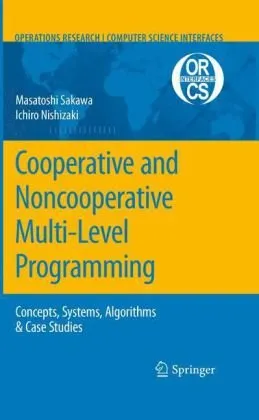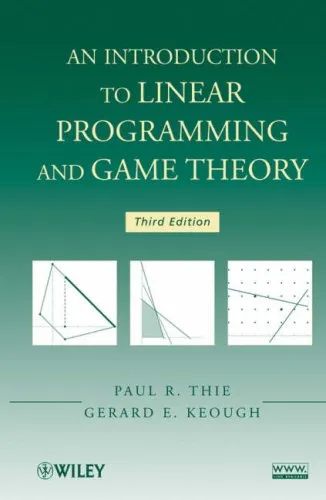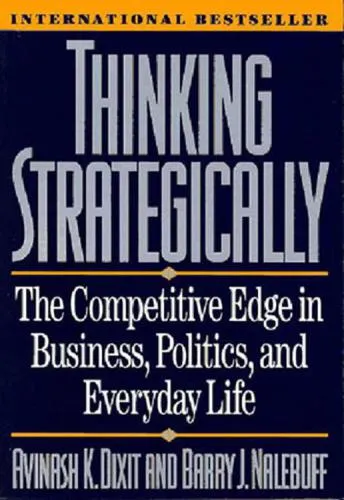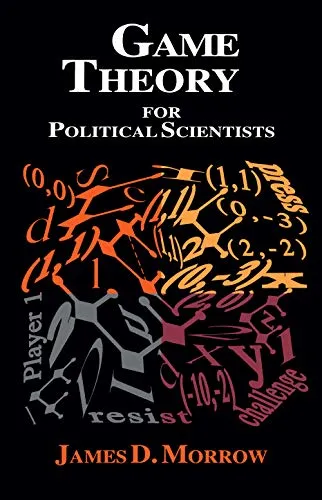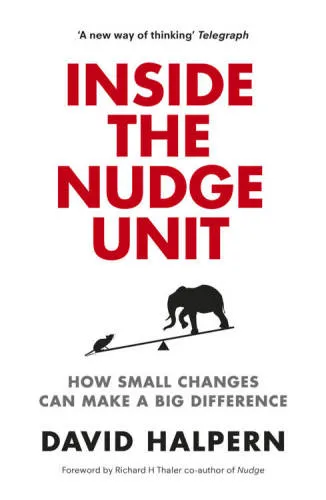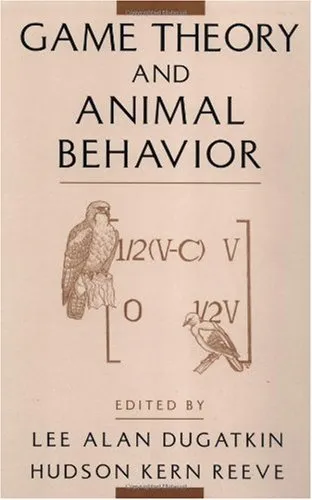Cooperative and Noncooperative Multi-Level Programming
4.5
Reviews from our users

You Can Ask your questions from this book's AI after Login
Each download or ask from book AI costs 2 points. To earn more free points, please visit the Points Guide Page and complete some valuable actions.Related Refrences:
Introduction to "Cooperative and Noncooperative Multi-Level Programming"
Decision-making in a hierarchical and multi-level structured environment often presents complex challenges that require mathematical rigor, collaboration, and strategic sophistication. The book "Cooperative and Noncooperative Multi-Level Programming" offers a comprehensive exploration of these multi-level programming (MLP) frameworks, tailored for researchers, practitioners, and students alike. Authored by Masatoshi Sakawa and Ichiro Nishizaki, this book delves deep into cooperative and noncooperative decision-making settings within hierarchical systems, providing both theoretical underpinnings and practical methodologies.
Detailed Summary of the Book
Multi-level programming is a mathematical framework for hierarchical optimization problems where decision-makers (leaders and followers) operate at various levels within a system. This book methodically addresses this significant area by categorizing these problems into two primary types: cooperative and noncooperative MLP.
Cooperative multi-level decision-making entails achieving consensus among decision-makers across levels. The book highlights approaches where shared objectives or negotiated solutions bring coherence to such systems. On the other hand, noncooperative multi-level programming introduces the complexity of conflict and competition. Here, decision-makers strive to optimize their objectives independently, often leading to game-theoretic analysis and equilibrium strategies.
The authors meticulously outline the mathematical models, solution algorithms, and computational tools required for tackling these problems. From bilevel programming (a subset) to generalized multi-level hierarchies, the book covers a comprehensive spectrum of topics. Key insights also include discussions on heuristic approaches, fuzzy programming methods for dealing with uncertain environments, and real-world application cases in supply chain management, economics, and engineering.
Key Takeaways
- A structured introduction to the fundamentals of multi-level programming, suitable for both beginners and experts.
- Detailed exploration of cooperative and noncooperative models, providing clarity on their distinctions and applications.
- Step-by-step presentations of advanced algorithms and computational techniques.
- Practical applications of MLP, including case studies in real-world hierarchical decision-making problems.
- A strong emphasis on both deterministic and fuzzy environments, catering to conditions of certainty and uncertainty.
Famous Quotes from the Book
"Conflict and collaboration are two sides of the same coin in multi-level decision-making systems, and understanding this duality is the key to unlocking effective solutions."
"Hierarchical decision-making is inherently complex, but mathematical models allow us to dissect, interpret, and address these challenges with confidence."
"In multi-level programming, equilibrium is not about stability alone; it’s about finding balance in competing objectives across managerial layers."
Why This Book Matters
With the growing importance of decision-making in hierarchical systems across various industries, this book provides a cornerstone for understanding and solving multi-level optimization problems. By covering both cooperation and competition scenarios, it caters to a wide audience—from those exploring theoretical models to practitioners solving tangible problems.
The inclusion of illustrative examples, computational implementations, and case studies ensures that readers not only grasp the theoretical frameworks but also gain actionable insights. Moreover, by addressing issues in fuzzy environments, the book acknowledges and tackles the uncertainties that are inevitable in real-world decision-making.
In a world increasingly defined by layered interactions in supply chains, government policies, and corporate strategies, mastering multi-level programming has never been more crucial. This book serves as an indispensable guide for navigating and making sense of these complex systems.
Free Direct Download
You Can Download this book after Login
Accessing books through legal platforms and public libraries not only supports the rights of authors and publishers but also contributes to the sustainability of reading culture. Before downloading, please take a moment to consider these options.
Find this book on other platforms:
WorldCat helps you find books in libraries worldwide.
See ratings, reviews, and discussions on Goodreads.
Find and buy rare or used books on AbeBooks.
1380
بازدید4.5
امتیاز0
نظر98%
رضایتReviews:
4.5
Based on 0 users review
Questions & Answers
Ask questions about this book or help others by answering
No questions yet. Be the first to ask!
